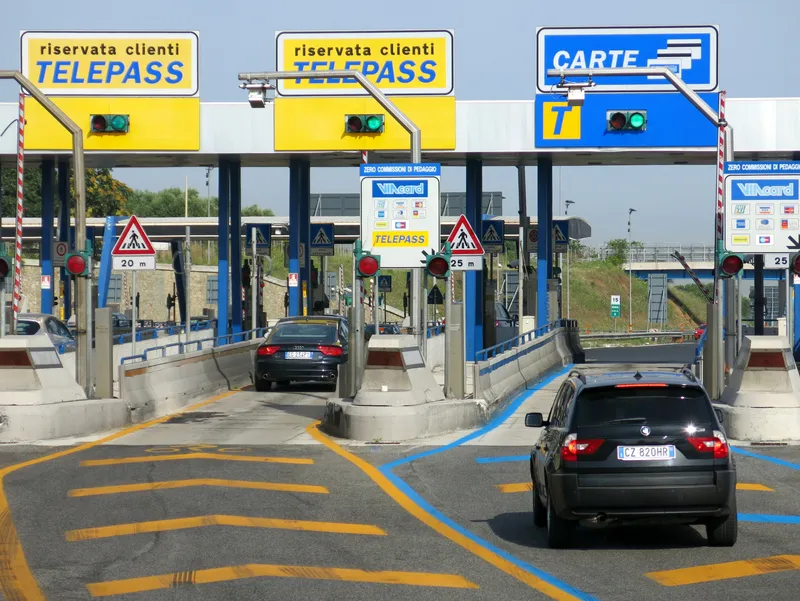Drivers using the Windsor-Detroit tunnel linking Canada with the US will shortly be able to pay electronically on both sides of the border. Until now, electronic payment has only been available on the US side. Tunnel president Neal Belitsky said it’s part of a plan to eventually phase out tunnel tokens after 2013. “We’re going to be getting out of the token business,” Belitsky said. “It takes time to buy rolls of tokens. All that is going to disappear. If you look throughout the US or Canada, you can count
November 2, 2012
Read time: 2 mins
Drivers using the Windsor-Detroit tunnel linking Canada with the US will shortly be able to pay electronically on both sides of the border. Until now, electronic payment has only been available on the US side.
Tunnel president Neal Belitsky said it’s part of a plan to eventually phase out tunnel tokens after 2013. “We’re going to be getting out of the token business,” Belitsky said.
“It takes time to buy rolls of tokens. All that is going to disappear. If you look throughout the US or Canada, you can count the number of transportation facilities that use tokens ... probably on one hand.”
The electronic system uses Nexpress cards, radio-frequency identification (RFID) cards similar to those used in the NEXUS program. Canadian customers will be able to order a Nexpress card online, load it with funds, then pass through the toll gates quickly and smoothly by waving the card at an electronic reader.
“It’s a lot faster and it’s a lot more convenient,” Belitsky promised.
Belitsky said there are currently about 15,000 tunnel tokens in circulation. He envisions the tunnel will stop selling tokens in early 2013, and stop accepting them entirely at the end of that year. Belitsky said the tunnel will still have attendants, and always accept cash.
Tunnel president Neal Belitsky said it’s part of a plan to eventually phase out tunnel tokens after 2013. “We’re going to be getting out of the token business,” Belitsky said.
“It takes time to buy rolls of tokens. All that is going to disappear. If you look throughout the US or Canada, you can count the number of transportation facilities that use tokens ... probably on one hand.”
The electronic system uses Nexpress cards, radio-frequency identification (RFID) cards similar to those used in the NEXUS program. Canadian customers will be able to order a Nexpress card online, load it with funds, then pass through the toll gates quickly and smoothly by waving the card at an electronic reader.
“It’s a lot faster and it’s a lot more convenient,” Belitsky promised.
Belitsky said there are currently about 15,000 tunnel tokens in circulation. He envisions the tunnel will stop selling tokens in early 2013, and stop accepting them entirely at the end of that year. Belitsky said the tunnel will still have attendants, and always accept cash.










